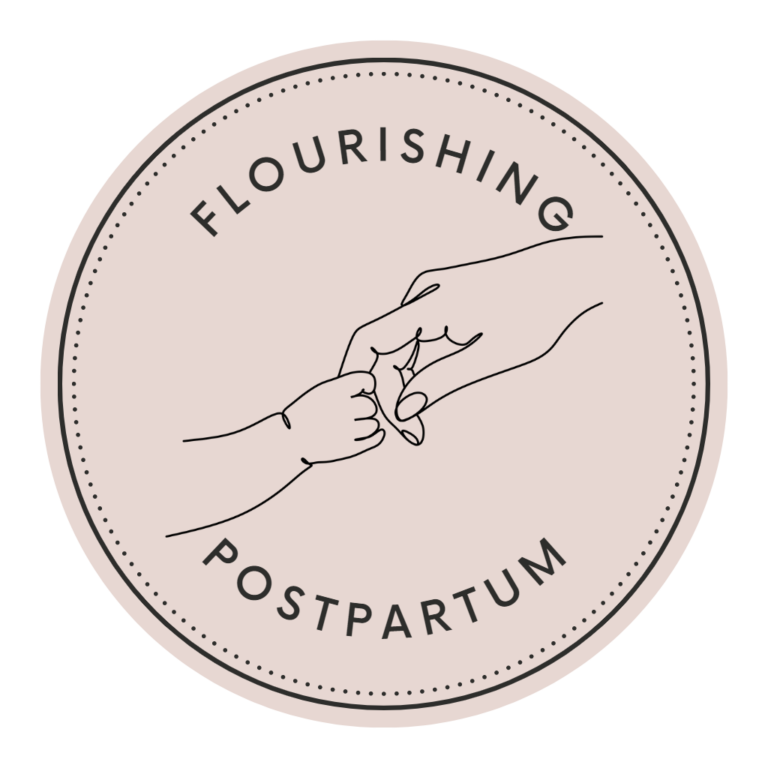
the Baby Blues: Navigating Emotions After Birth

The period following childbirth is filled with a wide range of emotions. While this time is often associated with immense joy and excitement, it’s not uncommon for new mothers to experience a temporary emotional rollercoaster known as the baby blues. Let’s explore what the baby blues are, why they occur, and how to navigate this transitional phase with understanding and support.
What are the Baby Blues?
The baby blues are a common and normal phenomenon experienced by many new mothers, typically occurring within the first week after giving birth. It’s estimated that about 70-80% of women will experience some degree of the baby blues. This temporary condition is characterized by mood swings, tearfulness, anxiety, irritability, and feelings of overwhelm.
Causes of Baby Blues:
The baby blues are believed to be triggered by a combination of hormonal fluctuations, physical exhaustion, sleep deprivation, and the emotional adjustments that come with becoming a new mama. The sudden shift in hormone levels, particularly estrogen and progesterone, can affect neurotransmitters in the brain, leading to changes in mood and emotional well-being.
Recognizing the Signs:
It’s important to differentiate the baby blues from postpartum depression, as the latter is a more severe and prolonged condition. The baby blues typically last for a short duration, generally resolving within two weeks after delivery. Signs of the baby blues include frequent crying, mood swings, feeling overwhelmed, anxiety, difficulty sleeping, and a sense of vulnerability.
Coping Strategies:
- Seek support: Reach out to your partner, family, and friends for emotional support. Share your feelings and concerns, as they may be experiencing similar emotions or have valuable insights to offer.
- Rest and self-care: Prioritize rest and self-care to support your physical and emotional well-being. Take naps when your baby sleeps (I know! Easier said than done), eat nutritious meals, and engage in activities that bring you joy and relaxation.
- Connect with other mamas: Joining a new mothers’ support group or seeking online communities can provide a safe space for sharing experiences, gaining reassurance, and understanding that you’re not alone in your feelings.
- Communicate with your healthcare provider: If you find that your symptoms persist beyond the first two weeks or intensify, it’s essential to discuss your feelings with your healthcare provider. They can assess your condition and provide appropriate guidance or referrals for additional support if necessary.
- Be patient and kind to yourself: Remember that the baby blues are temporary and part of the normal adjustment period. Give yourself permission to experience a range of emotions, practice self-compassion, and celebrate small victories in your new role as a mother.
Experiencing the baby blues is a common and normal part of the postpartum journey for many new mamas. By understanding the causes and recognizing the signs, you can navigate this emotional phase with greater ease. Reach out for support, prioritize self-care, and remember that with time, patience, and understanding, you will adjust to your new role and find joy in the beautiful bond with your baby. If you need further support during the fourth trimester, please reach out, I would be happy to create a postpartum plan that’s right for you.






























